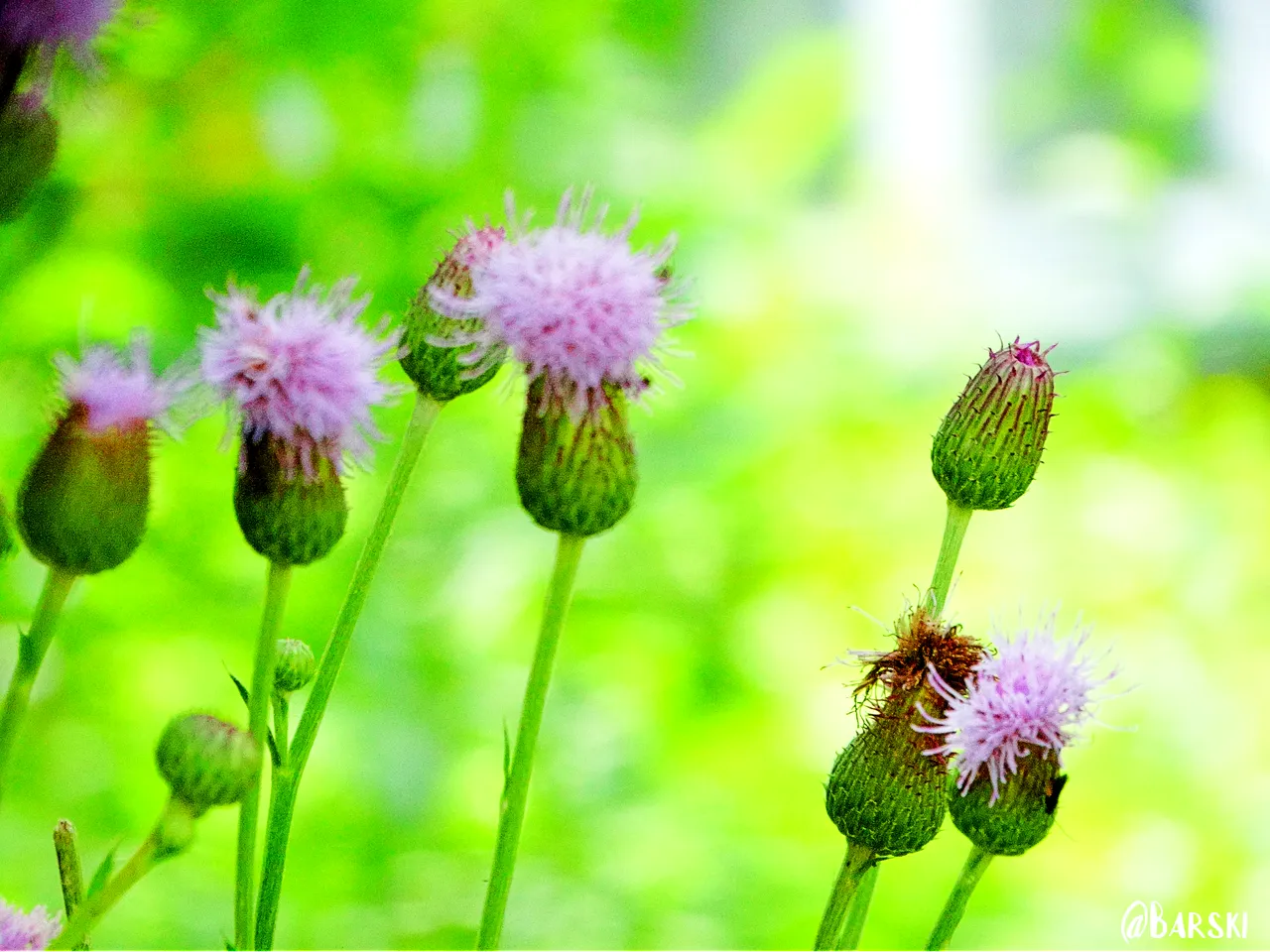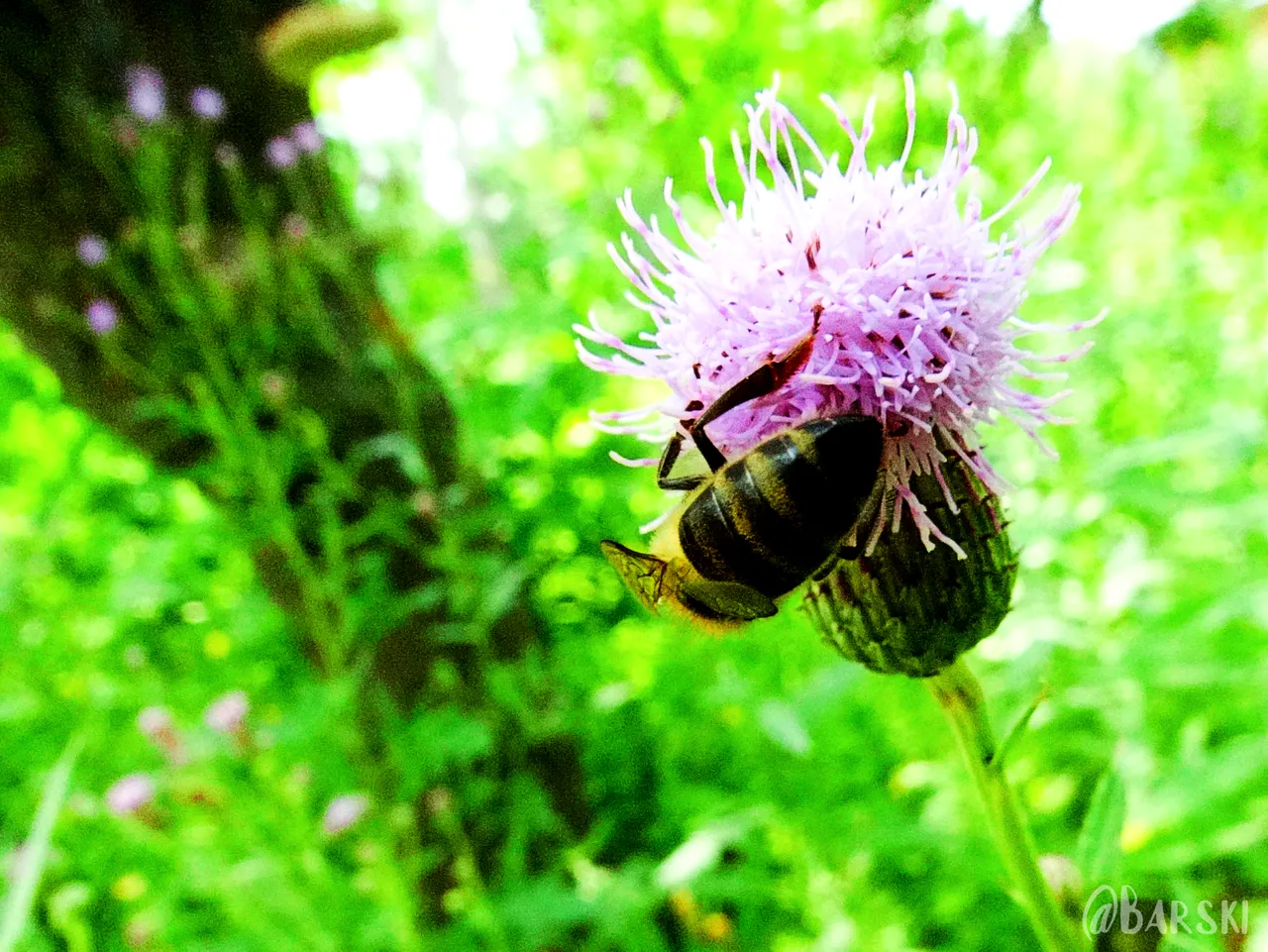We humans tend to make generalizations so apparently more time is saved on conversations and life becomes simpler.
A fisherman when he goes fishing does not talk about what kind of fish he will catch he simply says: I am going fishing.
And gardeners in turn clearing the garden of wild plants say: I asked the garden for weeds.
This is partly true but among the weeds, what we call by this word there are useful plants that can be used for food, to prepare medicines and not only to use them as a filler for a compost pit.
Some weeds don't look very attractive, and if they looked like wildflowers would people's attitudes towards them change?

Wheatgrass
Wheatgrass is sometimes compared to a plague because it throws out huge roots that cover the entire soil and drink up everything that cultivated plants need.
The fight against wheatgrass is a multi-year task it cannot be dealt with in one year.
Moreover they say that any part of the plant can take root and a new wheatgrass will appear.
But I would not rush to throw wheatgrass into the compost pit its roots are medicinal and alcohol tinctures can be prepared from them.
Even in ancient times wheatgrass roots were ground into flour and bread was baked from them who knows maybe the times are ahead of us when we will need to remember the useful experience of our ancestors.
Purslane
In many countries, purslane is considered a cultivated plant, but in my country, eating it has not become a tradition, but in vain, it contains more OMEGA3 than the most valuable types of fish, and it can be fried, boiled, pickled like cucumbers or tomatoes, but , like wheatgrass, it goes into compost.
Sow thistle
Thistle is another plant with unique healing properties, but they don’t talk about it, you can only hear that its roots extend many meters deep into the soil and it is very difficult to get rid of it.
It turns out that nature gives us the harvest before we see the fruits on the cultivated plants, but... As a rule, we refuse to collect such a crop and send it to rot in a compost pit.

It turns out that gardening is not very rational if you arm yourself only with generalized concepts and do not look deeper into the problem.
By @barski
